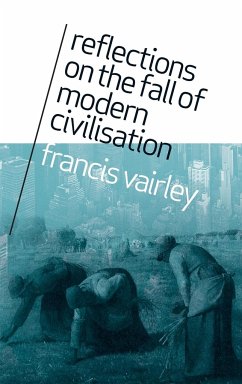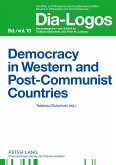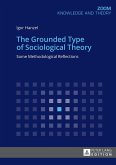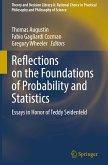Civilisations have come and gone over the past eight thousand years, some lasting longer, others more briefly. Modern Civilisation, launched through the European Enlightenment some three hundred years ago, has been driven increasingly by an obsession with Progress and Development. The harnessing of fossil hydrocarbons drove forward processes of industrialisation, urbanisation and latterly globalisation that are inherently unsustainable. Now that the easily accessible fossil energy resources are approaching a terminal decline, we find ourselves at a fatal juncture, poised to return to a simpler life of modest energy requirements, but threatened also by - possibly catastrophic - environmental damage resulting from modern development. Why do we find ourselves in such an untenable situation? Reflections on the Fall of Modern Civilization analyses why and how this condition came about and suggests how we can reinterpret at a basic level what human life is really all about. This discusses technical means and changes in attitudes and consciousness that might help the emerging generation to transition to a truly sustainable and a deeply satisfying life for all, transcending the problems and conflicts embedded in the very notion of Civilisation. About the Author Born during the Second World War and raised in England, Switzerland and Germany, Francis Vairley has spent much of his life travelling and working in all the world's continents. From the late 1970s, whilst teaching graduate students in urban, regional and environmental planning, he engaged with the Green Movement. Working with many actors from international agencies to local governments and people's organisations he helped to devise environmental and social management programmes and projects, latterly focusing on local economic development in informal economies in Asia and Latin America. Although retired as an academic, Francis continues his work with International Agencies and Transition Initiatives dividing his time with family, friends and communities between homes in Europe, Asia and North America.
Hinweis: Dieser Artikel kann nur an eine deutsche Lieferadresse ausgeliefert werden.
Hinweis: Dieser Artikel kann nur an eine deutsche Lieferadresse ausgeliefert werden.








